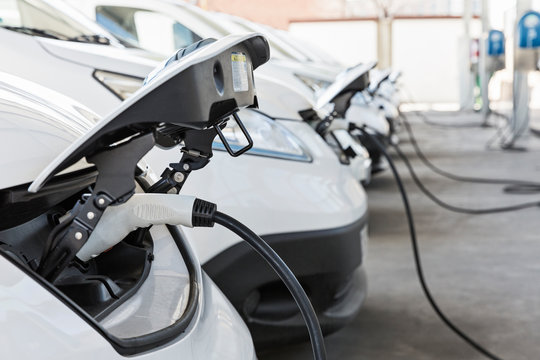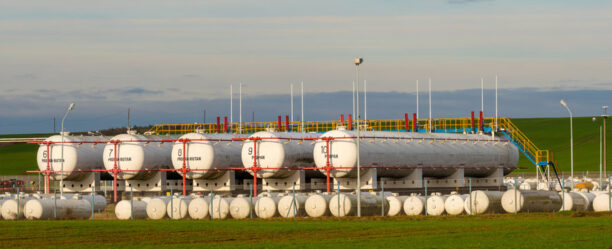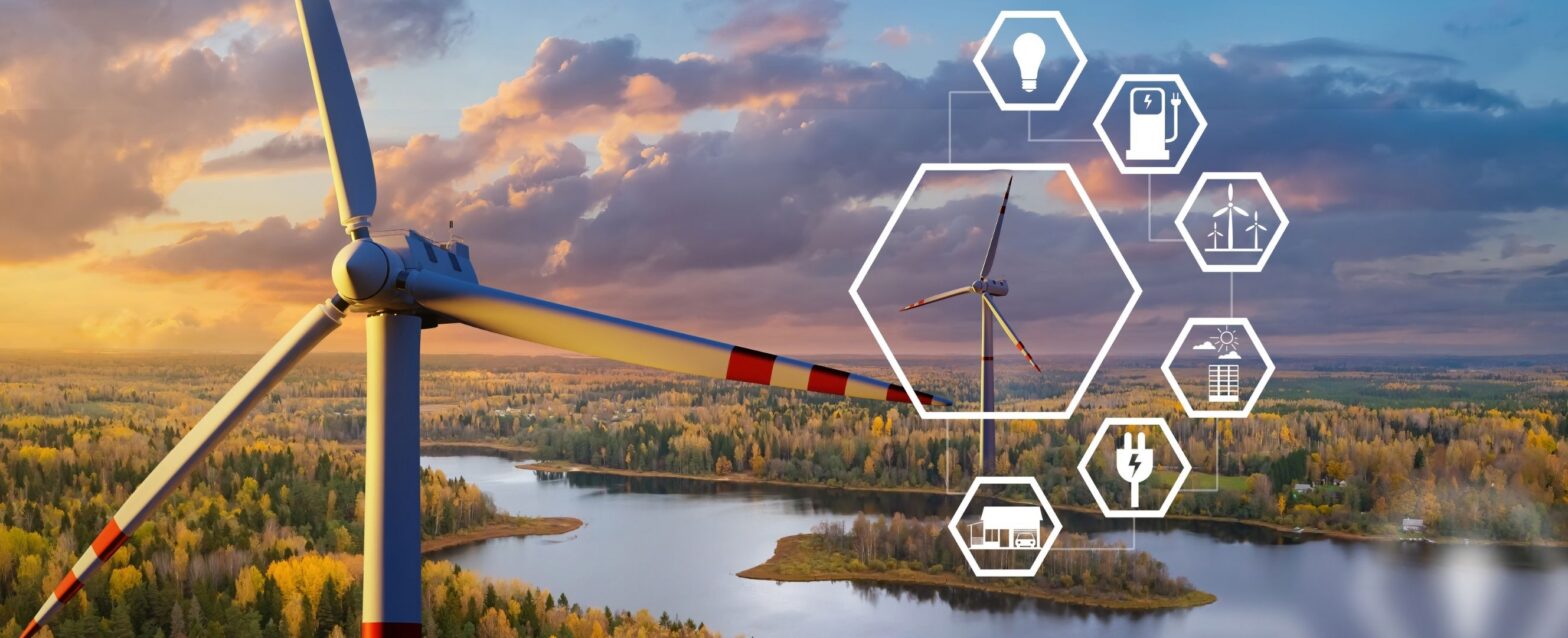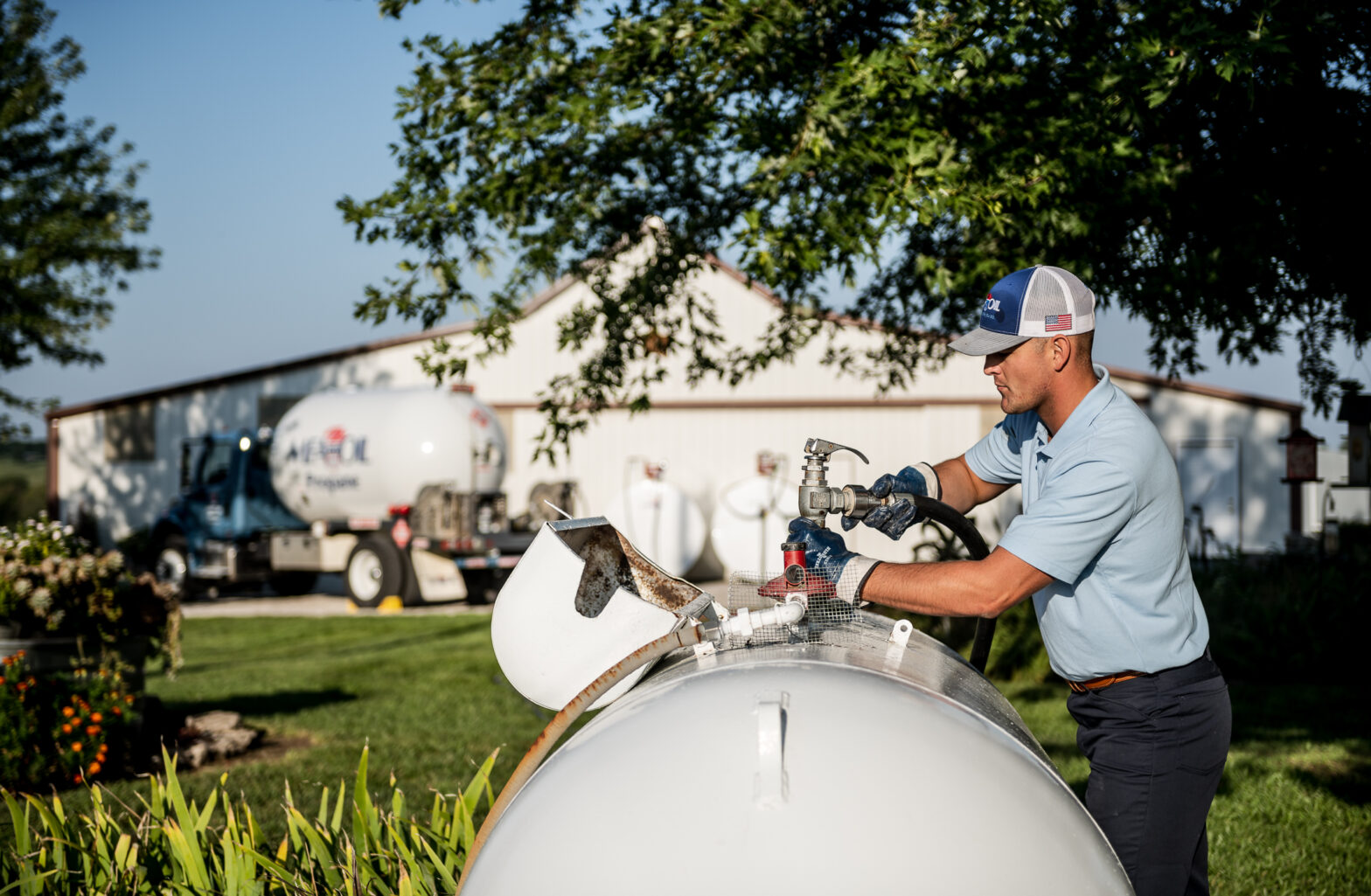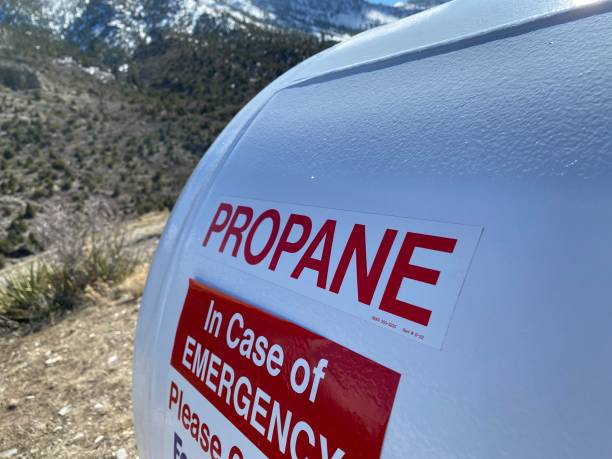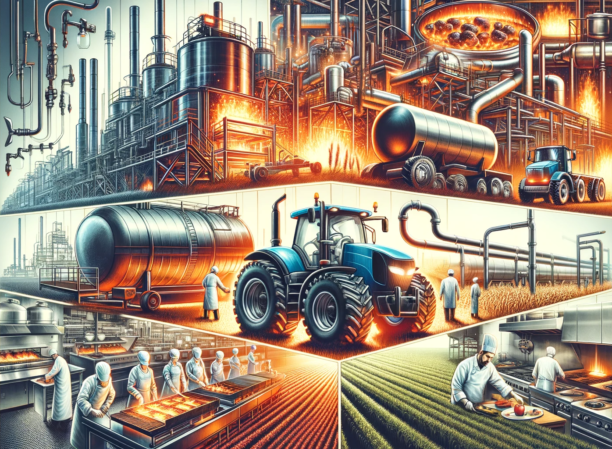Is Propane the Future of Vehicle Fleet Investments?
The propane industry is gaining momentum in the transportation sector, offering significant opportunities for growth and investment. Propane-powered vehicles and fleet conversions are emerging as practical and attractive options for businesses and governments worldwide. As the focus on cleaner and more cost-effective energy alternatives intensifies, propane is establishing itself as a dependable and efficient solution… Continue reading Is Propane the Future of Vehicle Fleet Investments?

